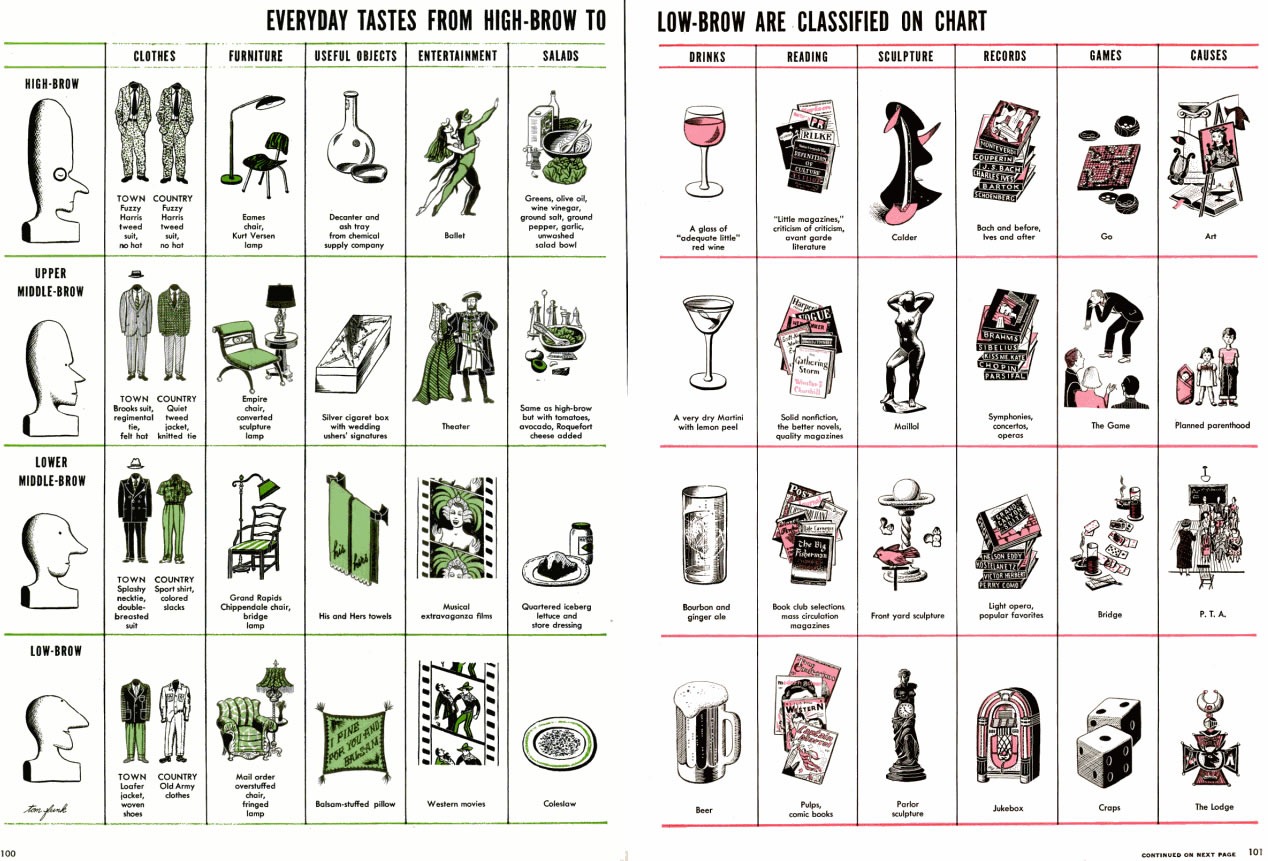- Messages
- 11,912
- Location
- Southern California
Historically speaking, until the mid-1800s women who would today be described as being "overweight" were far more desirable than "thin/skinny" women. In America the "ideal" of the female physique changed drastically between 1890 and 1920 specifically, when doctors began to truly learn the importance of diet and exercise for a healthier lifestyle and, as such, spread the notion that excess weight was a form of physical disability. The industrial revolution contributed to this when standardized dress sizes were created; women who previously made their own clothes or had them made by a seamstress (i.e., their "size" was based simply on their own measurements) were buying their clothes from department stores where those standardized sizes made it easier to compare who was or wasn't "overweight". This led to the various "diet and exercise" fads through the more recent decades (for both men and women) as people tried to attain whichever "standard for attractiveness" was in effect at the time, and...well, we all know how that's turned out....He also mentioned how the Victorians were interested in more fleshy encounters, comparing them to Jabba the Hut. Hence commenting that this was a more aerobic bordello.
